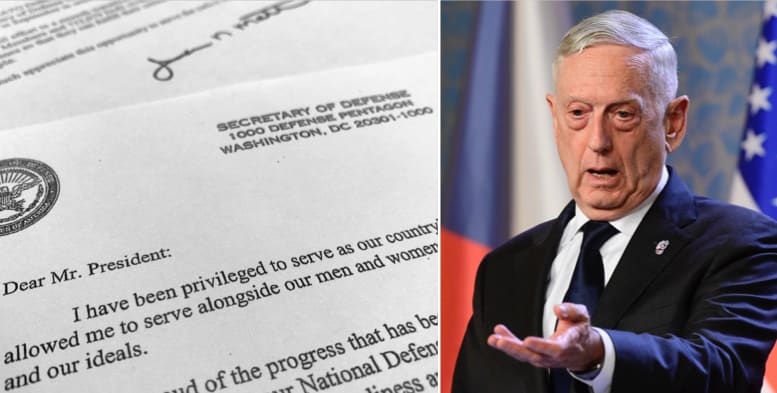
Analyser: ”En av de sista som kunde tygla Trump”
Den stora frågan efter försvarsminister Jim Mattis avgång är: Vem ska nu tygla Donald Trump? Det skriver The Atlantics David Graham i en analys. Mattis var en av få kvarvarande tunga ministrar som verkade kunna övertyga presidenten om att avstå från de mest förhastade besluten, konstaterar Graham.
BBC:s Anthony Zurcher skriver i en analys att Trump försöker få det att framstå som att Mattis frivilligt väljer att gå i pension. ”Så är det inte. Det är en uppsägning i protest, helt enkelt.”
Avgångsbrevet är fullt av ovanligt syrliga kommentarer för att komma från en man med vanligtvis diplomatisk retorik, skriver DN:s Martin Gelin i en analys. ”Utrikespolitiska veteraner tolkar brevet som ett rop på hjälp och en varningssignal för att Trump är på väg att äventyra amerikanska värderingar.”
Politicos Blake Hounshell skriver att varenda journalist i Washington känt till att Mattis och Trump inte var överens i de viktigaste utrikespolitiska frågorna. ”Frågan var bara när gränsen skulle vara nådd.”
National Reviews David French pekar på att Mattis lyfter fram vikten av goda relationer till USA:s allierade och skriver att man nu måste lyssna till hans varnande ord. Republikanerna i kongressen måste ta Mattis kritik mot Trump på allvar och visa sig självständiga, menar han.



